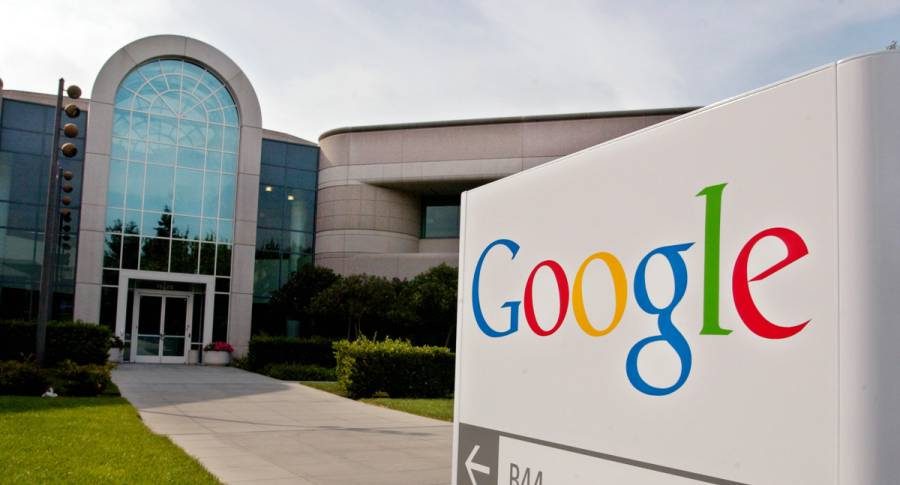U.S. Magistrate Judge Thomas Reuter ruled on Friday that Google has to comply with an FBI request and hand over emails stored overseas in Dublin, Ireland. The ruling sets an alarming precedent for privacy advocates and the online community.
The Philadelphia court declared the search giant has to give foreign info to the bureau in spite of a recent case involving Microsoft and the Department of Justice in which the company did not have to turn over data stored outside the U.S.
Google used Microsoft’s case as a pillar of its defense, stating there was a precedent for this sort of situation and that just recently, in late January, the court had voted to not revisit the decision six months after the verdict.
The FBI’s argument is outdated
Just as the ruling on Microsoft’s case was a cornerstone of Google’s argument, the 1986 Stored Communications Act was both the DOJ and the FBI’s main weapon in court.
The Act does not adapt to today’s management and flow of information, a phenomenon that has grown exponentially over the last 20 years since it became legislation.
Not only has data become more massive with time, but also much more complicated in its transmission and storage. Online privacy is of the utmost importance nowadays, and measures like encryption and fragmentation serve as a way to keep information safe.
When Microsoft won the case against the Justice Department, the judge noted his concerns over the 1986 federal law.
Google “doesn’t know” where the emails are


Friday’s ruling states the FBI’s request does not qualify as a seizure of foreign information based on “no meaningful interference” with Google’s “possessory interest.”
Thus, the Bureau accessing and reviewing the emails in the U.S. regardless of where they are stored is “all good.” Except there is a problem: the company does not necessarily know where they keep their data.
Different from Microsoft, which holds local information stored in local servers precisely to avoid this kind of conflict, the search giant breaks up their emails into fragments that are collected separately all around the world.
While they might, in fact, know where the pieces are, they told the court they do not have to; probably as a cautionary measure just in case their main argument failed.
Google plans to appeal the decision according to a statement on Saturday, citing the magistrate has “departed from precedent” to broaden the scope of U.S. warrants on foreign data.
Source: Reuters

